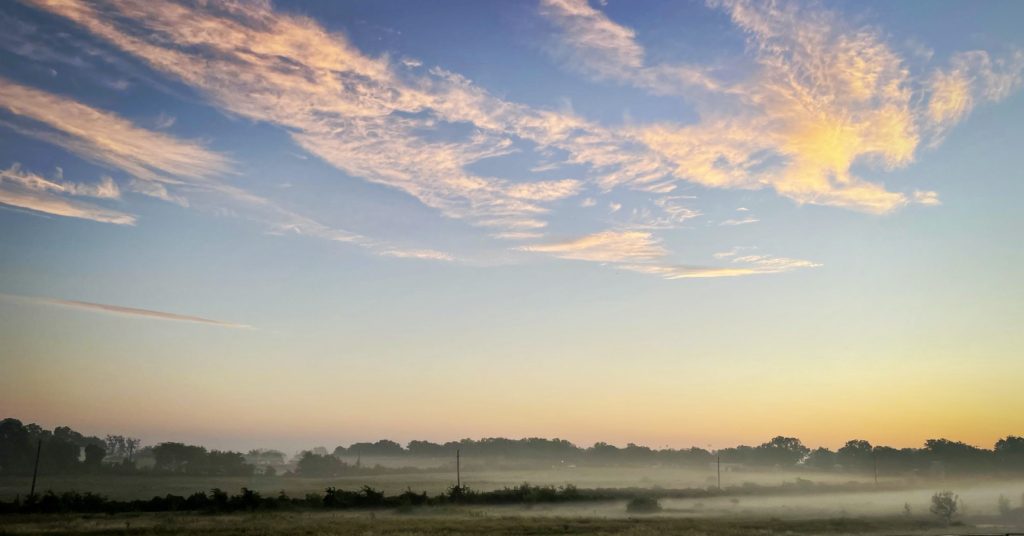"One day Moses was tending the flock of his father-in-law, Jethro, the priest of Midian. He led the flock far into the wilderness and came to Sinai, the mountain of God." (Exodus 3:1 NIV)
This morning’s devotional took me by surprise as it explained the difference between Western and Middle-Eastern cultural lenses. In the West, we view the desert or wilderness as someplace we want to get out of. Jewish people view the desert as a place where the Lord often meets with His people and speaks to them.
I can’t help but mentally rolodex through scripture, of course Jews would think this way. Supporting texts abound!
Abraham left Ur to follow the leading of the Lord into an unknown land. “The Lord said to Abram, “Go from your country, your people and your father’s household to the land I will show you.” (Genesis 12:1 NIV) Abraham actually went into the Negev long before the Israelites set foot in the wasteland between Egypt and Canaan. His divine obedience brought about the birth of God’s people.
Hagar was cast out into the desert twice, and it was in the wilderness where she met the Lord. “The angel of the Lord found Hagar near a spring in the desert;” (Genesis 16:7 NIV) In her desperation, she discovered a God who saw her.
Jacob was ejected from his family for his self-serving actions. He set out on his own toward Haran and somewhere in the wilderness between home and his fresh start. “When he reached a certain place, he stopped for the night because the sun had set. Taking one of the stones there, he put it under his head and lay down to sleep.” (Genesis 28:11 NIV) With his head on a stone, Jacob dreamt of a ladder to heaven and received reassurance: God was with him.
Of course we are familiar with the Israelites foray into the wilderness. “Then, as the Lord our God commanded us, we set out from Horeb and went through the hill country of the Amorites through all the vast and dreadful wilderness that you have seen, and so we reached Kadesh Barnea.” (Deuteronomy 1:19 NIV) The Israelites got to know God in the desert stretches, it is where they learned His love and character firsthand. By the time they reached the Promised Land, He wasn’t a God they had only heard of, He was a God they personally knew.
A newly anointed David experience Saul’s persecution and ran for his life into the wilderness. “David left Gath and escaped to the cave of Adullam.” David’s path to kingship was long and lonely but also personally attended by the God of all creation.
Even the unbeliever is subject to an interaction with God in the wildest stretches. King Nebuchadnezzar lost his kingdom and his marbles on the same day. “Immediately what had been said about Nebuchadnezzar was fulfilled. He was driven away from people and ate grass like the ox. His body was drenched with the dew of heaven until his hair get like the feathers of an eagle and his nails like the claws of a bird.” Remarkably, Nebuchadnezzar had a divine desert appointment with God and was restored to sanity and kingdom alike.
I consider all this and I am glad to serve a God who loves me enough to call me away into more of Himself. The Jewish people are right: deserts are a place to meet God.
Wilderness stretches reduces distraction and increases dependance. We must battle our complaint tendency and choose to see such seasons as a blessing not a burden. This subtle shift will change our mind about the difficult seasons. He calls us out into the unknown because He loves us and He wants more for us. Our more often begins with less: less distractions, less commitments, less comfort, less independence, less control and less self. Emptying results in more room for indwelling. These empty stretches are limited engagements: we go there, we don’t live there, even if we return there often.

A call to a wilderness excursion is actually an exclusive invitation to be with God. Of course, it costs something. If it was free, it would be ordinary and the value would be lost on us. Choose today, to receive the invitation with joy and expectation: we get to meet with God!
"My soul thirsts for God, the living God. When can I go and meet with God?" (Psalm 42:2 NIV)
Lord, let us swap out our Western view of wasteland stretches for a more Middle-East mindset. The wilderness is not a punishment or a place to escape from quickly. It’s a place to meet with You privately. We hear Your voice loudest when we turn down the volume and pace of ordinary life. Today we understand, the desert isn’t a burden, but a blessing. May we step into lonely stretches with confident hearts: our God is calling us closer. Amen.